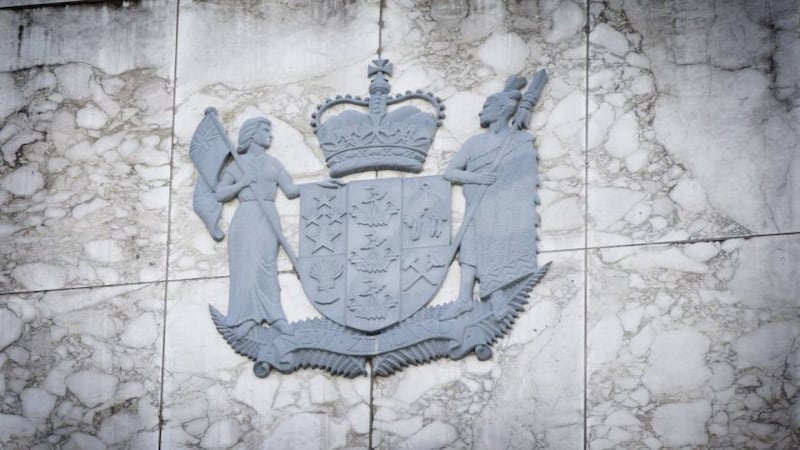Billing a client after offering the work for free has landed a lawyer a fine. Photo / NZME
A lawyer has been stung with an order to pay $1500 in remedies after charging a client despite agreeing to take on the work for free.
The woman had sought help from the lawyer in relation to her divorce proceedings and, because he believed she had been referred to him through a charitable trust, he agreed to act on a pro-bono basis.
According to a summary of the decision, published by the New Zealand Law Society today, the lawyer, whose name was redacted, had sent a letter of engagement at the start of the retainer referring to fees being payable.
However, separate communication between the lawyer and the client confirmed the intention was that the work would be “free of cost”.
But the lawyer later found out the woman had in fact not been referred to him by a charity, the summary said.
Their relationship deteriorated, and he withdrew from acting for the woman and sent her a “highly discounted fee” of $1500 “to stop her harassing him”.
The New Zealand Law Society defines pro-bono work as work “for the public good” and refers specifically to legal professional services which are provided free of charge if an individual who requires legal advice or services either cannot afford them and does not qualify for legal aid.
It can also capture services provided at a reduced rate – “low bono” work.
In this case, the standards committee that heard the complaint concluded the lawyer had agreed to provide legal services to the client on a pro bono basis and that she understood that was the case.
It said that if the lawyer then sought to alter that arrangement, he should have done so before undertaking further work and “certainly before issuing any invoices for those services”.
“The committee found the lawyer had issued an invoice to the complainant for an improper purpose and in a context where there was a reasonable expectation that his legal services were being provided on a pro bono basis.”
When considering what orders to make, it said it was “aware of the particular circumstances and challenges of the lawyer-client relationship in this case”. However, the lawyer had engaged in unsatisfactory conduct under the Lawyers and Conveyancers Act 2006, the committee ruled.
He was fined $1000 and ordered to pay $500 in costs.


